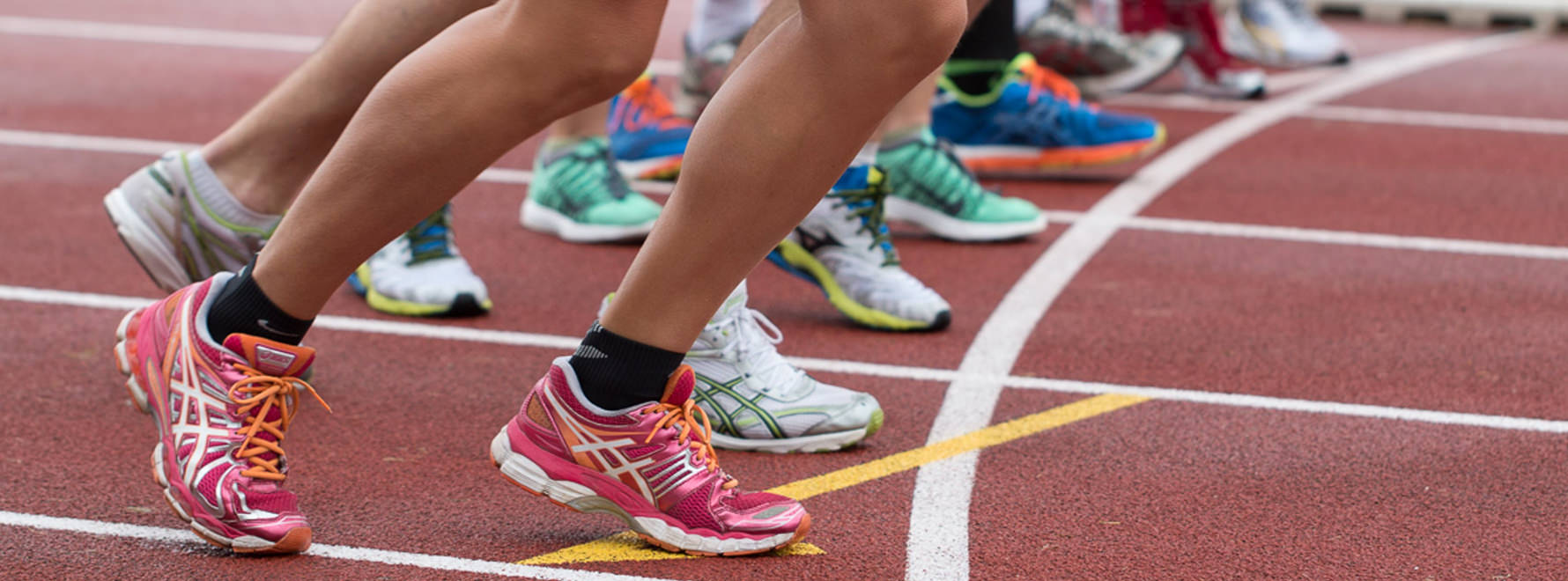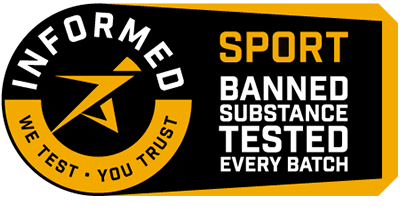Spot-On: Are hydrogel sports drinks superior to conventional sports drinks to enhance marathon performance?

- Are hydrogel sports drinks superior to conventional sports drinks to enhance marathon performance?
- Based on a recent article by Rowe et al., published July 2021
- TITLE: ‘’Glucose and fructose hydrogel enhances running performance, exogenous carbohydrate oxidation, and gastrointestinal tolerance"
- DOI link: https://doi.org/10.1249/MSS.0000000000002764
What did this study look at?
Over recent years so-called hydrogel sports drinks have been promoted to be superior to conventional sports drinks to enhance endurance exercise performance. Hydrogel carbohydrate solutions are produced by the addition of sodium alginate and pectin, which may facilitate gastric emptying. However, strong evidence to prove such claims is currently lacking.
Therefore, Row and co-workers from Leeds University in the UK compared the effect of a hydrogel versus non-hydrogel carbohydrate drink on metabolism and performance during a >2h running trial. Eleven well-trained runners (marathon PR <2h40min) participated in a 2h steady-state run at ~70% of VO2max whereafter they performed a 5 km all-out run (~20 min). All runners participated in three trials with a 1-week interval. In two trials they received an 18% glucose:fructose solution (2:1 ratio) either as a hydrogel formulation (CHO-H) or as a conventional non-hydrogel solution (CHO). In another trial they received a carbohydrate-free placebo (PL) drink. They ingested a 200 mL bolus before the start and then 100 mL every 15 min, delivering 90 g of carbohydrates per hour during the steady-state exercise in CHO-H and CHO. No drinks were given during the final 5 km run. Carbohydrate and fat oxidation rates, gastrointestinal (GI) symptoms, and performance in the 5 km run were measured.
What did the study show?
The relative contribution of oral carbohydrates to total energy production during the 2h steady-state run in CHO-H (32%) was ~3% higher than in CHO (29%). There was no difference in muscle glycogen breakdown between the two CHO conditions. The overall incidence of GI symptoms was slightly higher in CHO than in CHO-H. Compared with PL , CHO-H improved performance in the 5 km run by 7.6%, versus 5.6% in CHO, which on average resulted in a ~25 sec faster finishing time in the former condition.
What is the importance of this finding for sports performance?
The current study for the first time demonstrates that a concentrated 18% hydrogel solution, increased muscle carbohydrate utilization, decreased the incidence of GI symptoms, and enhanced performance compared with a conventional 18% energy sports drink. However, carbohydrate intake rate during exercise was 50% higher than recommended for exercise events lasting <2h30min (60g/h). Therefore, the benefit of hydrogel carbohydrate solutions compared to conventional isotonic or hypertonic sports drinks, when being used according to the prevailing scientific recommendations for carbohydrate and fluid intake in endurance exercise, remains to be proven.


